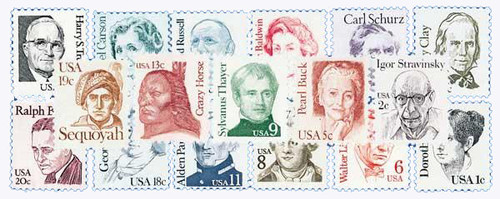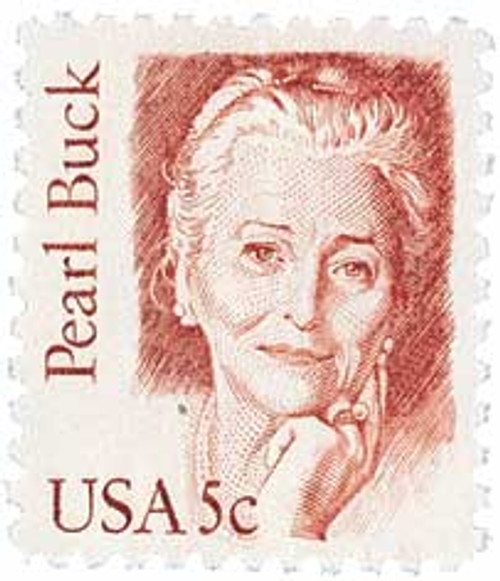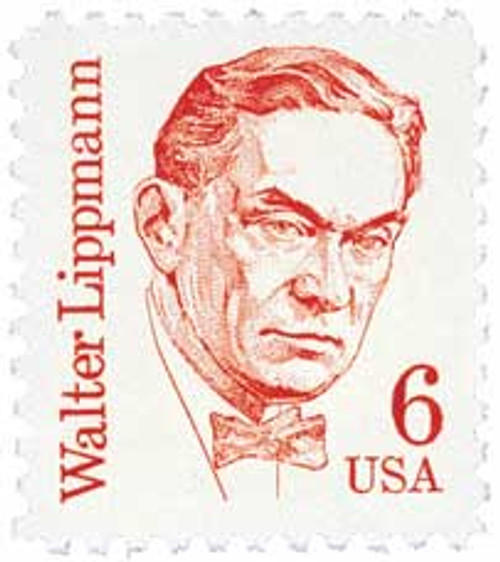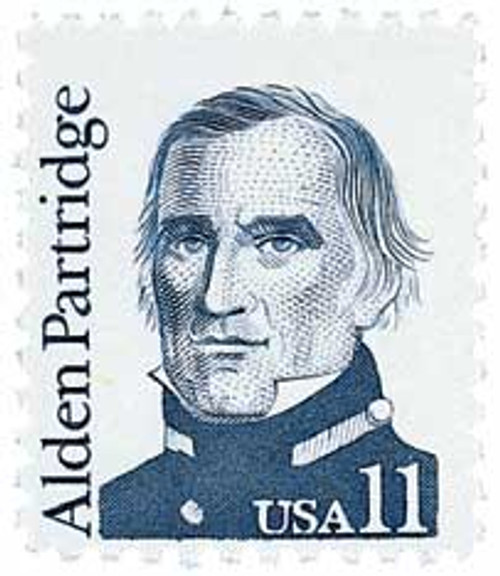
# 1845 FDC - 1982 2c Great Americans: Igor Stravinsky
1982 2¢ Igor Stravinsky
Great Americans Series
City: New York, New York
Quantity: Unknown
Birth of Igor Stravinsky
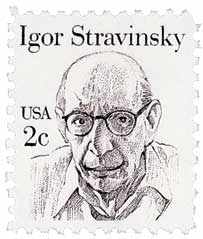
Composer Igor Fyodorovich Stravinsky was born on June 17, 1882 (or June 5 on the Julian Calendar), in Oranienbaum, Russia (present-day Lomonosov). He is considered one of the most influential composers of the 20th century.
Raised in St. Petersburg, Igor’s father was Fyodor Stravinsky, a bass singer for the Mariinsky Theater. After attending a performance of Tchaikovsky’s The Sleeping Beauty in 1890, Stravinsky was mesmerized. By the age of 14, he mastered Mendelssohn’s Piano Concerto in G minor. Despite his clear talent and interest in music, Igor’s parents wanted him to become a lawyer, enrolling him in the law program at the University of St. Petersburg in 1901. In four years, he attended less than 50 classes. The school was closed in 1905 after the Bloody Sunday massacre. That same year, he began taking lessons with Rimsky-Korsakov, who quickly became like a second father to Stravinsky.

One of his earliest performed compositions was Feu d’artifice (Fireworks), in St. Petersburg. Sergei Diaghilev, director of the Ballets Russes in Paris, attended this performance and was so impressed that he hired Stravinsky to compose a full-length ballet score, The Firebird, which premiered in Paris in 1910. Shortly after, he moved to Switzerland where he wrote three more ballets for the Ballets Russes, including The Rite of Spring.
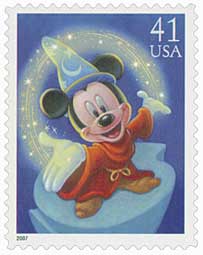
Stravinsky’s modernist ballet, The Rite of Spring, premiered in Paris on May 29, 1913. It was revolutionary for the time, employing inharmonic notes and unusual choreography. The audience, used to the elegance of more conventional musicals, began to boo within the ballet’s first few minutes. Soon those in the minority who liked the music began to argue with those who did not. Arguments quickly escalated to fighting and the police were called. At intermission the police calmed the crowd, but once the second half began, the fighting resumed, and riots broke out. Stravinsky was so shocked at the audience’s reaction he left the theater before the ballet was over.
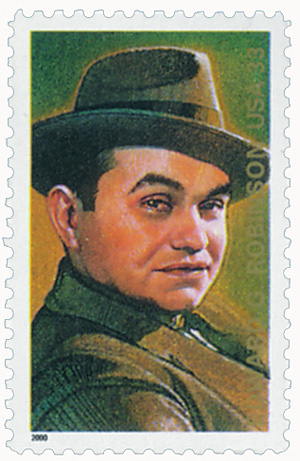
Today, Rite of Spring is considered a classic, and the riot at its premiere is one of the most famous classical music brawls in history. “Rite of Spring… transformed the way composers thought about rhythmic structure, and was largely responsible for Stravinsky’s enduring reputation as a musical revolutionary, pushing the boundaries of musical design.”
In the late 1910s, Stravinsky began working with philanthropist Werner Reinhart, who provided financial backing for several of his works. Stravinsky then spent nearly 20 years in France, working with the French piano manufacturer Pleyel. In 1940, he moved to Los Angeles, California, where he conducted concerts with the LA Philharmonic at the Hollywood Bowl. Stravinsky made his last move in 1969, to New York, where he died two years later on April 6, 1971. He has been honored with a star on the Hollywood Walk of Fame and a Grammy Lifetime Achievement Award.
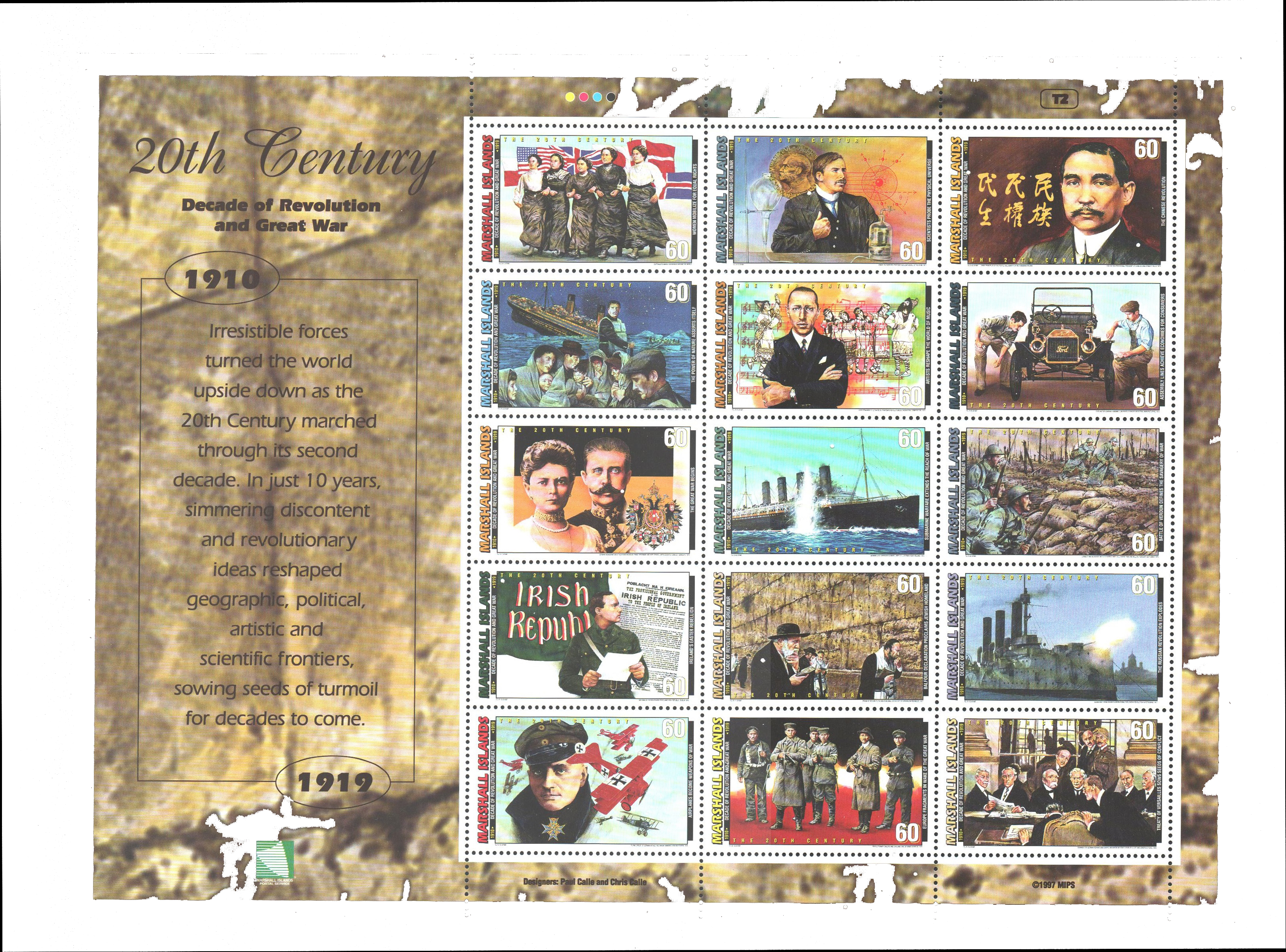
1982 2¢ Igor Stravinsky
Great Americans Series
City: New York, New York
Quantity: Unknown
Birth of Igor Stravinsky

Composer Igor Fyodorovich Stravinsky was born on June 17, 1882 (or June 5 on the Julian Calendar), in Oranienbaum, Russia (present-day Lomonosov). He is considered one of the most influential composers of the 20th century.
Raised in St. Petersburg, Igor’s father was Fyodor Stravinsky, a bass singer for the Mariinsky Theater. After attending a performance of Tchaikovsky’s The Sleeping Beauty in 1890, Stravinsky was mesmerized. By the age of 14, he mastered Mendelssohn’s Piano Concerto in G minor. Despite his clear talent and interest in music, Igor’s parents wanted him to become a lawyer, enrolling him in the law program at the University of St. Petersburg in 1901. In four years, he attended less than 50 classes. The school was closed in 1905 after the Bloody Sunday massacre. That same year, he began taking lessons with Rimsky-Korsakov, who quickly became like a second father to Stravinsky.

One of his earliest performed compositions was Feu d’artifice (Fireworks), in St. Petersburg. Sergei Diaghilev, director of the Ballets Russes in Paris, attended this performance and was so impressed that he hired Stravinsky to compose a full-length ballet score, The Firebird, which premiered in Paris in 1910. Shortly after, he moved to Switzerland where he wrote three more ballets for the Ballets Russes, including The Rite of Spring.

Stravinsky’s modernist ballet, The Rite of Spring, premiered in Paris on May 29, 1913. It was revolutionary for the time, employing inharmonic notes and unusual choreography. The audience, used to the elegance of more conventional musicals, began to boo within the ballet’s first few minutes. Soon those in the minority who liked the music began to argue with those who did not. Arguments quickly escalated to fighting and the police were called. At intermission the police calmed the crowd, but once the second half began, the fighting resumed, and riots broke out. Stravinsky was so shocked at the audience’s reaction he left the theater before the ballet was over.

Today, Rite of Spring is considered a classic, and the riot at its premiere is one of the most famous classical music brawls in history. “Rite of Spring… transformed the way composers thought about rhythmic structure, and was largely responsible for Stravinsky’s enduring reputation as a musical revolutionary, pushing the boundaries of musical design.”
In the late 1910s, Stravinsky began working with philanthropist Werner Reinhart, who provided financial backing for several of his works. Stravinsky then spent nearly 20 years in France, working with the French piano manufacturer Pleyel. In 1940, he moved to Los Angeles, California, where he conducted concerts with the LA Philharmonic at the Hollywood Bowl. Stravinsky made his last move in 1969, to New York, where he died two years later on April 6, 1971. He has been honored with a star on the Hollywood Walk of Fame and a Grammy Lifetime Achievement Award.







